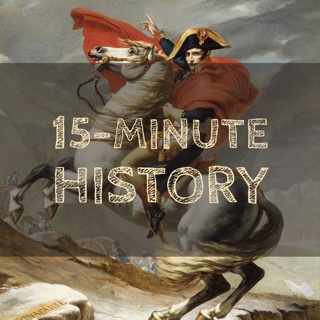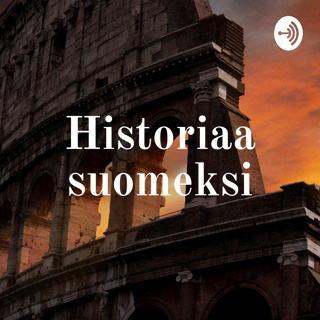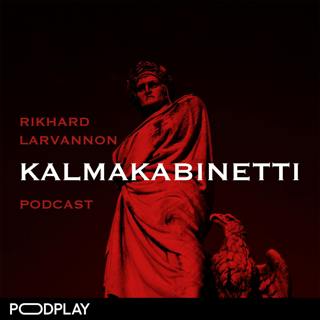
Anatomy of a Nation (PART ONE) | Special Interview with Dr. Dominic Selwood
Join us for part one of our interview with the eminent British historian, Dr. Dominic Selwood about his book, Anatomy of a Nation: A History of British Identity in 50 Documents. In this special discussion, Dr. Selwood explains the origins of the book, the power of story in history, and answers some of our questions about the different documents he covers. Dr. Dominic Selwood is a historian, journalist, and barrister. He is a bestselling author and novelist, and a frequent contributor to national newspapers, radio, and TV including The Telegraph, The Independent, The Spectator, The Catholic Herald, Sky News, and the BBC. He has a doctorate in history from the University of Oxford and a masters from the Sorbonne. He is a Fellow of the Royal Historical Society and the Society of Antiquaries. He graduated from the Royal Military Academy Sandhurst and served as an officer in the British Army. He lives in London with his family. https://www.dominicselwood.com/ Twitter: @DominicSelwood.
6 Kesä 202246min

Season Finale | A Recap, An Exciting Update, and an Invitation
Join us for our final episode of Season Five as we discuss the questions we missed, share some very exciting news, and gear up for interviews and special episodes during the summer. We will being our sixth season on Monday, September 5.
31 Touko 202220min

Into the Wild | A Discussion on Jack London
Join us as we discuss Jack London, his life, his adventures, and his writings.
23 Touko 202222min

Gene Roddenberry | A Discussion on the “Great Bird of the Galaxy”
Join us as we discuss Gene Roddenberry, his life, his influence on science fiction and pop culture, Star Trek, and his vision for humanity.
9 Touko 202233min

Gene Roddenberry | The “Great Bird of the Galaxy”
Eugene Wesley Roddenberry was a legend of Hollywood in his day. He grew up reading science fiction serials and adventure novels like C.S. Forester’s “Horatio Hornblower,” and they inspired him to become a writer. After a career in the US Army Air Force, as a commercial pilot, and as a Los Angeles police officer, he started writing television scripts and shopping them around Hollywood. His antics in the office and in his personal life earned him respect and disdain in equal measure, and his stories reflected both the events of his life and the beliefs he held. The tales he told showed audiences a vision of humanity that was beyond greed, beyond war, beyond poverty, and largely beyond our reach even today. Join us as we teach you about Gene Roddenberry, his life, his influence on science fiction and pop culture, and his vision for humanity.
2 Touko 202218min

Adam Smith | A Discussion on Self-Interest, Division of Labor, and the Invisible Hand
Join us as we discuss Adam Smith and three of his ideas: Self-Interest, Division of Labor, and the “The Invisible Hand".
25 Huhti 202237min

Adam Smith | Self-Interest, Division of Labor, and the Invisible Hand
This season we have been covering individuals who have had a direct effect on history, in a positive or negative way. Adam Smith is one of those. He is called the “father of modern economics” and “the creator of capitalism”. Rather than walk you through a summary of his life, we will attempt to summarize the possible influences that formed three major concepts which exist in his later and final work, the Wealth of Nations, namely the appropriation of Self-Interest, Division of Labor, and the “The Invisible Hand”, thereby showing the linear deduction of each, and how that logic reflects in Adam Smith’s moral philosophy. With the presentation of these three ideas, it's our hope that you will make your own deductions regarding what kind of man he was and whether his effect on history was a positive one.
18 Huhti 202214min

Analysis on the War in Ukraine | A Special Discussion
Join us as we look at the war in Ukraine through a historical lens, attempt to answer questions on possible outcomes, and gauge the long-term effects on the world now and in the future.
11 Huhti 202239min





















